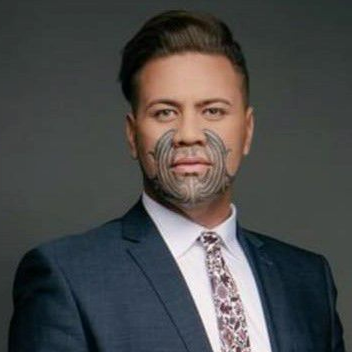A new series following two Māori professionals who have struggled with their weight highlights health inequities for Māori and the growing number of whānau going overseas for faster and cheaper medical treatment.
Broadcaster Roihana Nuri says years of diets and exercise programmes pushed him to take part in the show. At his heaviest, he weighed 200 kilograms. Since surgery, his weight has dropped to 156 kilograms.
“I muri mai o te mate korona ka kaha ake ahau ki te kai, ka mōmona, ka mōmona. Me te mea nei i ngana kē ahau ki te oti i ngā momo whakakore kai katoa ki te haere ki te whare hākinakina. Engari i mōmona rawa. No reira i whakaaro ake ko te huarahi mōku kia whai oranga ahau ko te haere ki te pokanga puku.”
Nuri, from Rotorua, travelled to India for surgery. He says it also gave him a chance to reconnect with his whakapapa and see the whenua his grandfather left when he came to Aotearoa.
“Kei te hiahia ahau ki te āhua whiriwhiri i te taura whakapapa. Mehemea ā te wā e hiahia ana aku mokopuna ki te haere ki Īnia otirā, te mahi tauhokohoko, otirā te tūhono whakapapa ērā momo āhua kua parahia e au tērā huarahi.”

Director Ngahuia Wade says the kaupapa was too important to ignore.
“Māori are getting sicker while stuck on hospital waiting lists, so we had to tell this story our way, in our language, because our lives are on the line,” she said.
Publicly funded bariatric surgery remains limited in New Zealand. Studies show Māori and Pacific people are less likely to access surgery compared with Pākehā, and in some regions access rates are up to 16 times lower than in others. Drop-out rates before surgery are also higher for Māori and Pacific patients.
With surgery privately costing up to $29,000 in Aotearoa, more New Zealanders are travelling overseas. Some pay as little as $8,000 in countries like Turkiye or India, though doctors warn of patients returning with serious complications.
The eight-part series follow Māori who are working to improve their health.
Pukunati Lose Weight or Die premieres September 1 on Māori+ and Whakaata Māori.



